Click to view this slide presentation made by Shirley Tarawali, director of institutional planning and partnerships at the International Livestock Research Institute (ILRI), in Nairobi, Kenya, on Thu 19 Sep 2013, at the 22 International Grasslands Congress, which was held in Sydney, Australia, 15−19 September 2013, and had some 800 participants. Other ILRI and former colleagues who developed the presentation with Tarawali are Alan Duncan, Peter Thorne, Diego Valbuena, Katrien Descheemaeker and Sabine Homann-KeeTui.
This ILRI presentation made the case for continued close integration of crop farming and livestock raising in Africa, where such integrated farming systems are key to helping small-scale food producers intensify their production levels while conserving their natural resources and protecting their environments.
Tarawali had three main messages for her audience, for which she and her colleagues provided samples of latest research work at ILRI and its partners around the world.
- Don’t decouple crop intensification efforts from livestock intensification work.
- Address the biomass challenge.
- Improve the efficiencies of smallholder livestock production systems to reduce any harm they cause to the environment.
(1) DON’T DE-COUPLE CROP AND LIVESTOCK INTENSIFICATION
Mixed crop-and-livestock farming systems are important for feeding the world
Smallholder livestock keepers in developing countries are remarkably competitive
Livestock benefit crop production
Crop production benefits livestock
(2) ADDRESS THE BIOMASS CHALLENGE
(3) IMPROVE SMALLHOLDER LIVESTOCK PRODUCTION EFFICIENCIES TO REDUCE ENVIRONMENTAL HARM
Improve crop residues for livestock feed
Read / view the opening keynote presentation made at the International Grasslands Congress by ILRI’s director general Jimmy Smith on the ILRI News Blog:
Why tackling partial truths about livestock matters so much: Keynote address at International Grasslands Congress, Part 2, 17 Sep 2013


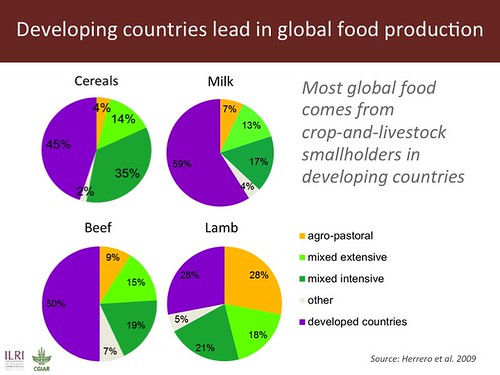
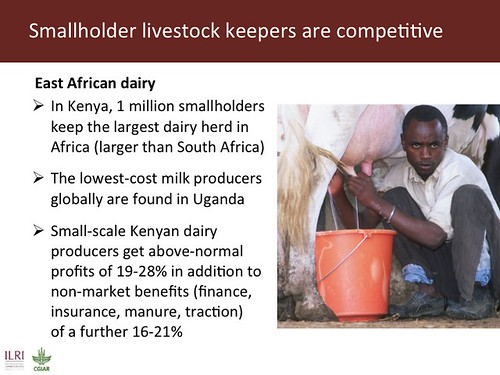
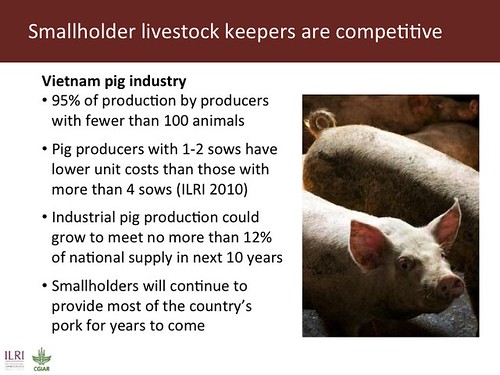
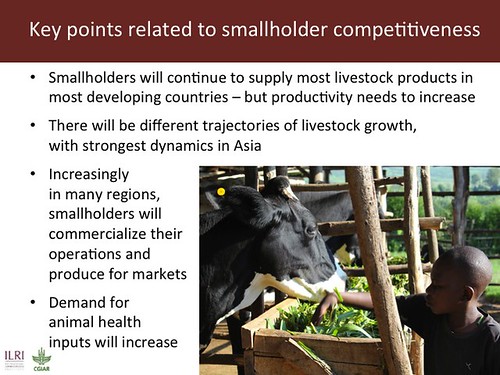
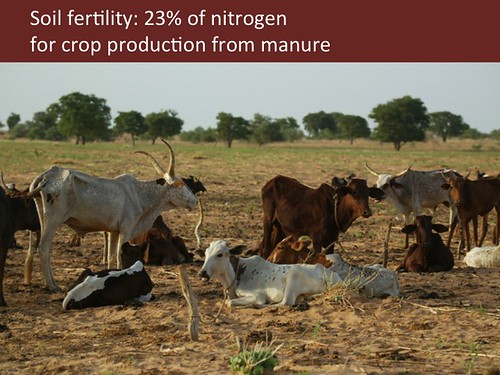
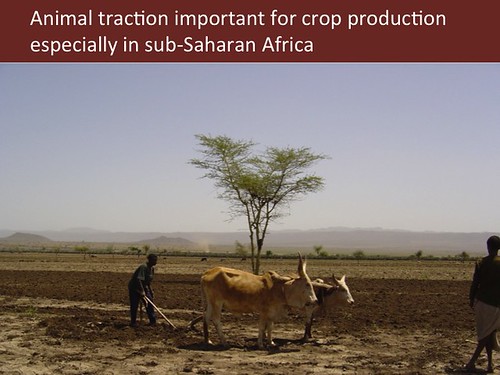
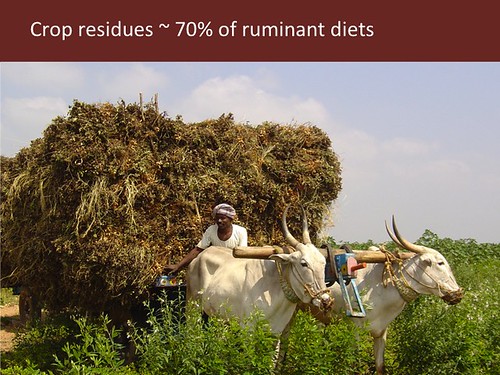
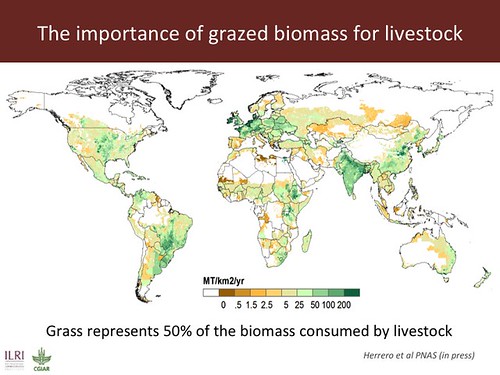

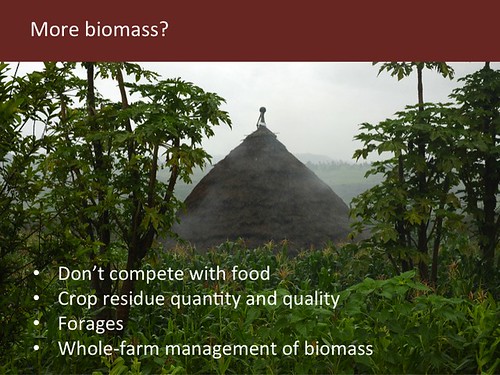
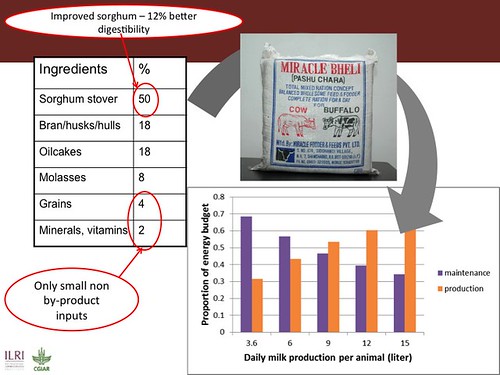
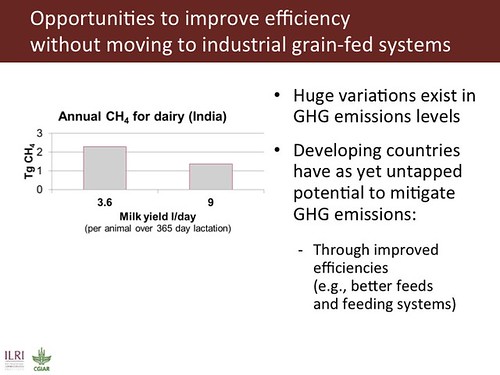
In a place like Africa where there is mostly dry climate, it is so hard to raise livestock and crops. It needs a totally different approach which needs the cooperation of the government and private sector. Farmers in Africa have actually been taught but it takes time for them to be able to do things on their own despite difficult conditions. They are at least moving somewhere.